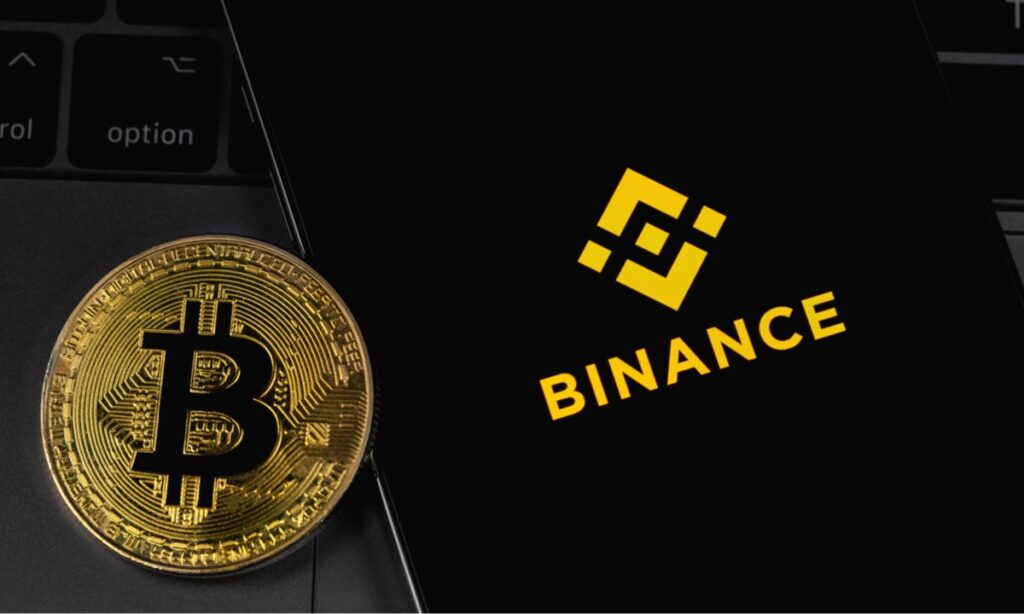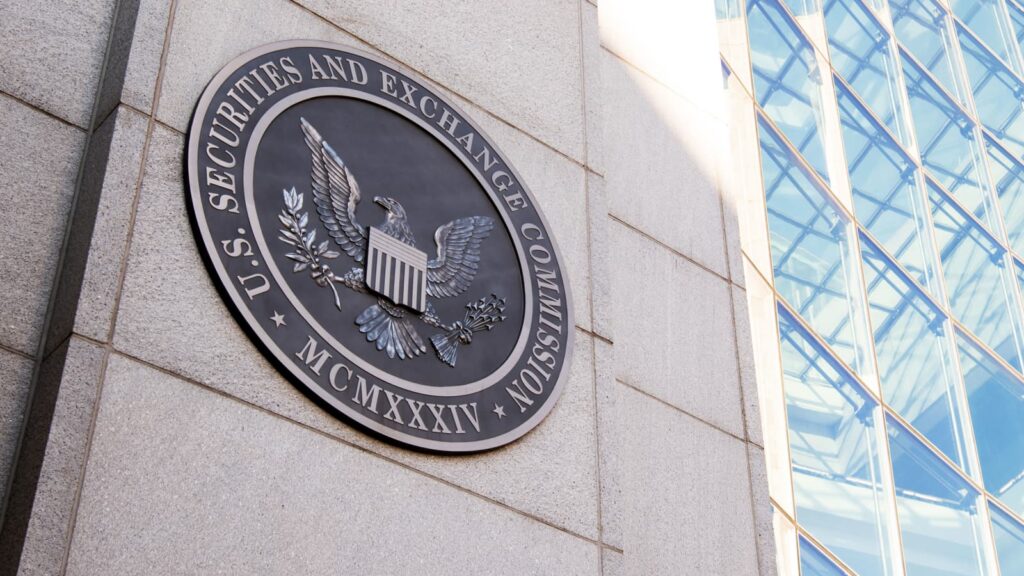The European Union (EU) has confirmed it will continue collaborating with ChromaWay to develop blockchain-based sustainability solutions.
This announcement came on July 12, following ChromaWay’s presentation at the EU Pre-Commercial Procurement (PCP) final review meeting.
The presentation highlighted advancements in decentralized applications for Digital Product Passports (DPP) and intellectual property (IP) rights.
During the review meeting in Brussels, ChromaWay showcased its relational blockchain technology.
This technology enhances efficiency by improving the organization and complexity of on-chain data, combining the flexibility of relational databases with the decentralized security of blockchain.
It supports enterprise solutions and underpins Chromia, a public layer-1 platform for decentralized applications, which is set to launch its mainnet on July 16.
Or Perelman, co-founder of Chromia, told Cointelegraph, “By fostering collaboration among governments, regulators, institutions, and blockchain innovators, we can unlock the full potential of Web3 technology and drive widespread adoption.”
This statement reflects the platform’s eagerness to develop innovative solutions for institutional applications alongside the EU.
READ MORE: Binance Nears Deal to Sell Majority Stake in South Korean Exchange Gopax to Megazone
The EU’s positive assessment of ChromaWay’s contributions highlights the significant potential of relational blockchain technology in both public and private sectors.
This aligns with the EU’s broader strategy to integrate innovative blockchain solutions, promoting sustainability and efficiency.
The EU has consistently emphasized its commitment to fostering technological advancements for economic and environmental benefits across Europe.
In July 2024, representatives from RBN Eco and ChromaWay will be interviewed by the European Blockchain Association to assess their compatibility with upcoming EU initiatives.
Additionally, the team will participate in a follow-up workshop in Brussels this September to outline the next steps for Q4 2024 and into 2025.
The EU has also partnered with other blockchain solutions, such as Iota. In June 2024, the European Commission selected Iota for its Web3 ID in the blockchain sandbox, further demonstrating the EU’s dedication to leveraging blockchain technology for various applications.
To submit a crypto press release (PR), send an email to sales@cryptointelligence.co.uk.









